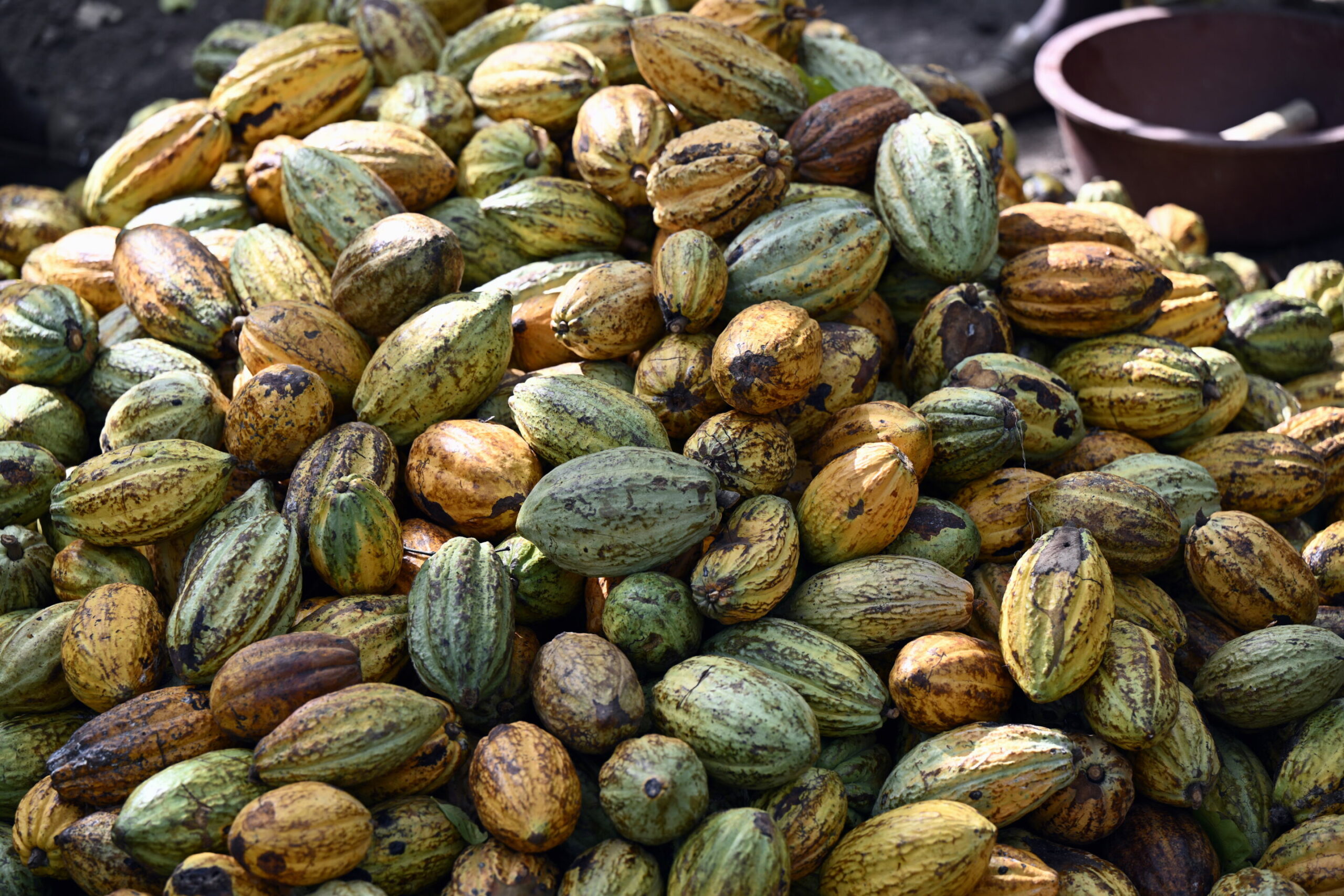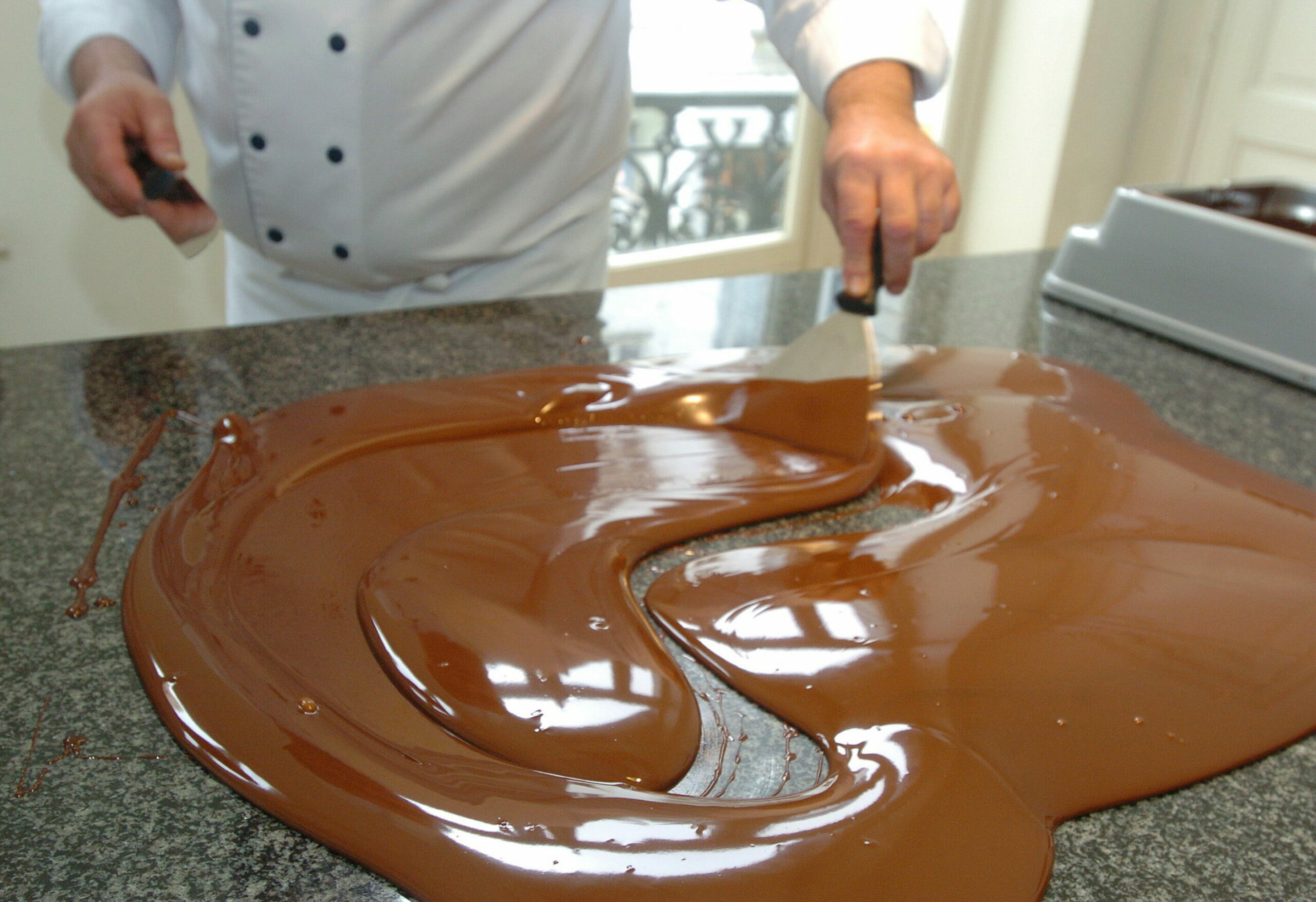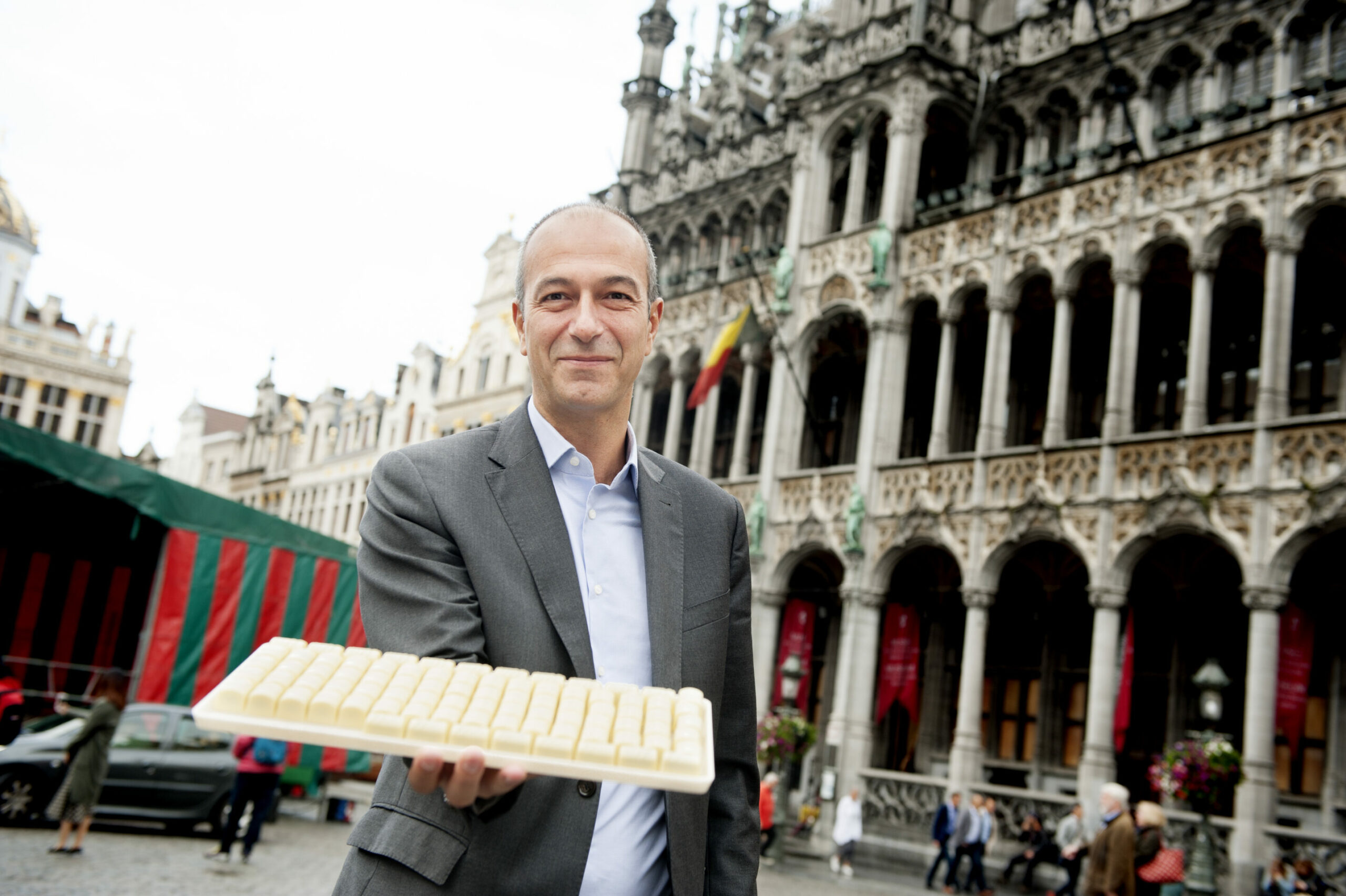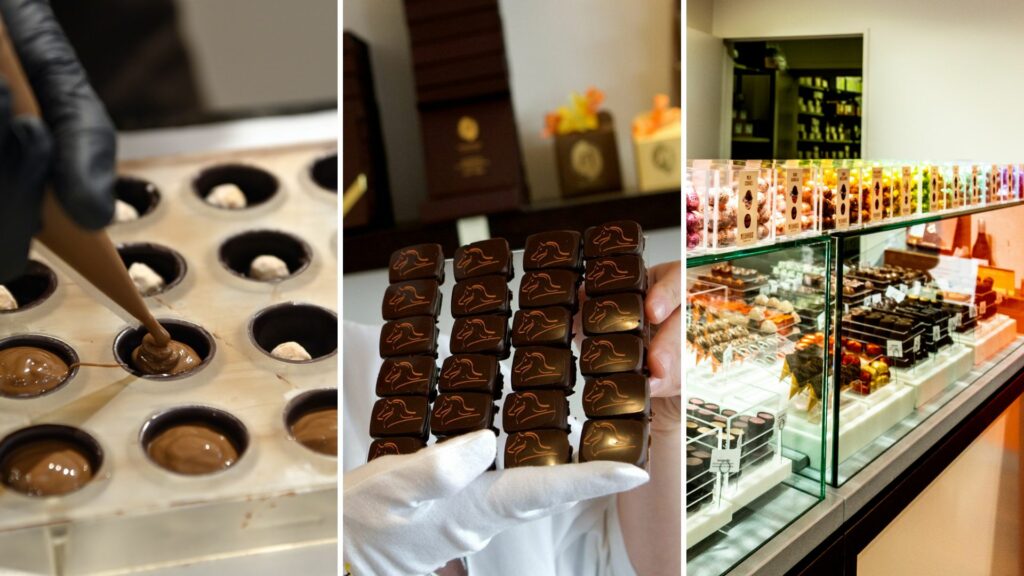While skyrocketing cocoa prices receive international attention, chocolate remains an affordable "pleasure" in Belgium, according to the CEO of Leonidas Philippe de Selliers.
In January, international market prices of cocoa surpassed €10,000 a tonne, over double its worth the previous year. However, rising prices are not new in the sector – market prices of cocoa have been rising since 2023.
Inflation, high energy costs, and extreme climate conditions are some of the factors often cited for the changing prices. The recent increase in price has been partly attributed to poor harvests due to storms, but for de Selliers, who also heads the Belgian Chocolate Association (Choprabisco), there is more at play – notably structural issues across the sector.
Sustainability & Speculation
"The cocoa farmers are not earning enough, they don't have enough money to reinvest in their farm... They are harvesting less cocoa – so there is less on the market," de Selliers told The Brussels Times.
According to him, the future of the chocolate industry would benefit from a global commitment to more sustainable practices. This is one of the focuses of many chocolate makers in the country. "We have to do that for Belgium, but also to inspire other chocolatiers in other countries, to go towards sustainability and help the cocoa farmers," de Selliers added.

Cocoa beans. Credit: Belga/Eric Lalmand
Another reason for the recent price hikes are due to the "speculation" that comes from market predictions and stock prices, according to de Selliers.
In his experience as the CEO of Leonidas, de Selliers maintains that the market price is simply a momentary prediction, and that over the space of a year, it can reduce significantly. "The price was around £2,500 to £3,000 per tonne two or three years ago...it went up above £10,000...that is not a normal price according to our knowledge," he said.
De Selliers adds that the rising cocoa prices that make numerous headlines are negatively twisting consumers' perceptions. "It becomes a psychological disaster...consumers will think chocolate is like caviar, and that’s really not the case," said de Selliers. "Chocolate remains a real pleasure for a truly affordable price."

Credit: Belga/Herwig Vergult
'Delicate balance'
Despite remaining an affordable pleasure, as de Selliers puts it, the financial hurdles are being felt by national chocolatiers, including well-established brands like Neuhaus, known for inventing Belgian pralines. "Price adjustments sometimes are necessary to maintain the delicate balance between sustaining business operations and upholding consumer satisfaction," a representative at Neuhaus explained to The Brussels Times.
However, the chocolate company underscores that it has not noted any significant decline in consumer demand. Fatima, who has sold Neuhaus chocolates in Brussels for over a decade, attributes this to the fact that consumers understand the brand's commitment to using more sustainable and quality ingredients.

Philippe de Selliers, CEO at Leonidas, poses for the photographer in Brussels in 2017. Credit: Belga
At Leonidas, prices have also increased over the last two years, but de Selliers says that this is kept to a minimum by not "overreacting" to changes in market prices. This strategy has been positively received by consumers."We have lost margin per kilo sold, but we have sold more kilos," de Selliers adds.
While being a well-known chocolate brand like Neuhaus and Leonidas is an advantage, de Selliers underscores that in general, chocolatiers in Belgium benefit from the status that comes with producing Belgian chocolates. "We are well known as one of the best chocolate-makers in the world," he said.
‘We are not playing with quality’
The future of different brands in the sector in the face of climate or financial challenges will vary. "Each company must find the best suitable strategy to cope with the price increases of their raw material," adds Choprabisco's external advisor Meike Callebaut. "This can be product innovation, changes in formats, price increase, efficiency improvements, scale, rationalisation."

Credit: Belga/Virginie Lefour
While many Belgian brands will remain committed to the classic recipes that put them on the map, others in the sector are shaking up the business to become more resilient.
"We do see product innovation, where next to cocoa beans used to make chocolate, cocoa pulp is also used for fillings of pralines. In this way, up to 70% of the whole cocoa fruit is used whereas normally cocoa pulp is thrown away," said Callebaut.
Regardless of what lies ahead, de Selliers maintains that the future of the Belgian chocolate sector is "absolutely not" a worry, as long as brands stay committed to quality. "I am really not afraid," he said "I haven’t heard anyone in Belgium saying we are playing with quality."

